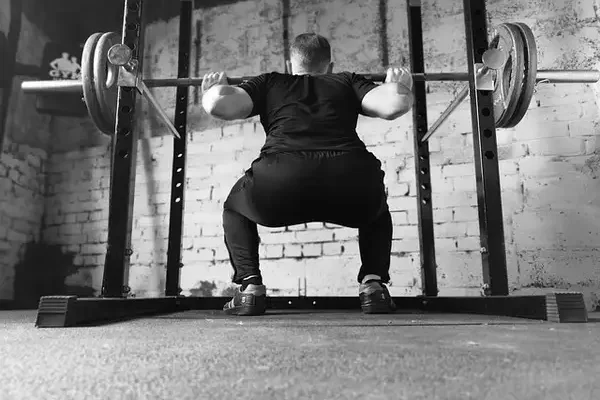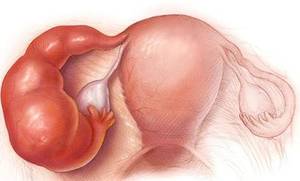Bowel training techniques refer to a set of strategies and approaches aimed at improving bowel function and managing various bowel disorders, such as constipation or incontinence. These techniques are often used in conjunction with lifestyle modifications and can be effective in establishing regular bowel movements and promoting bowel control.
There are several bowel training techniques that can be employed, depending on the specific needs and preferences of the individual. Here are some commonly recommended techniques:
- Establish a Routine: Setting a regular time for bowel movements is essential. Consistency helps the body establish a habit and encourages regularity. Try to sit on the toilet at the same time every day, preferably after a meal, as this is when the bowel is more active.
- Adequate Fluid Intake: Drinking enough water is crucial for maintaining proper hydration and softening the stool. It is generally recommended to consume at least eight glasses of water per day. Adequate hydration helps prevent constipation and makes it easier to pass stools.
- Dietary Modifications: Including sufficient fiber in the diet can help regulate bowel movements. Foods rich in fiber, such as fruits, vegetables, whole grains, and legumes, add bulk to the stool and facilitate its passage through the intestines. Additionally, decreasing the intake of processed foods, caffeine may improve bowel function.
- Exercise Regularly: Engaging in regular physical activity can stimulate bowel movements. Moderate exercises, like brisk walking, promote the contraction of intestinal muscles and encourage regular bowel movements.
- Toilet Habits: Maintaining proper posture while using the toilet can make bowel movements easier and more efficient. Elevating the feet on a small stool or using a specialized toilet seat can help achieve a squat-like position, which is more natural for effective elimination.
- Bowel Diaries: Keeping a record of bowel movements, including time, quantity, and consistency, can help identify patterns or triggers that impact bowel function. This information can be useful when discussing symptoms with a healthcare professional.
It is important to note that bowel training techniques may not work for everyone and that they should be approached under the guidance of a healthcare professional. They can provide a personalized approach, taking into account individual medical history and circumstances.









